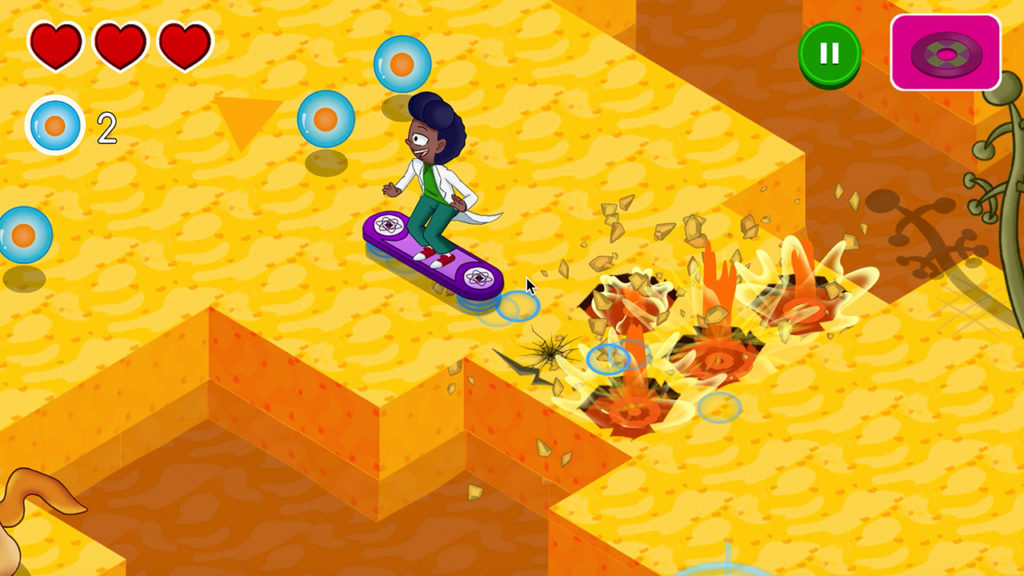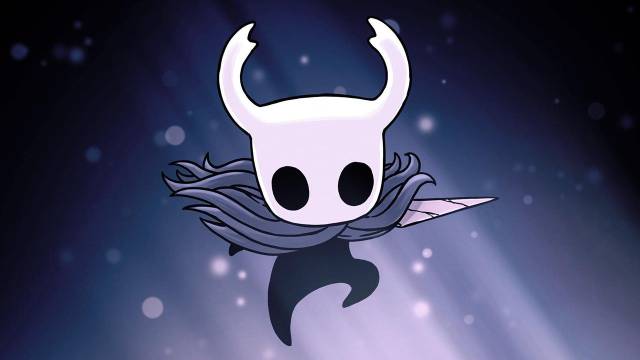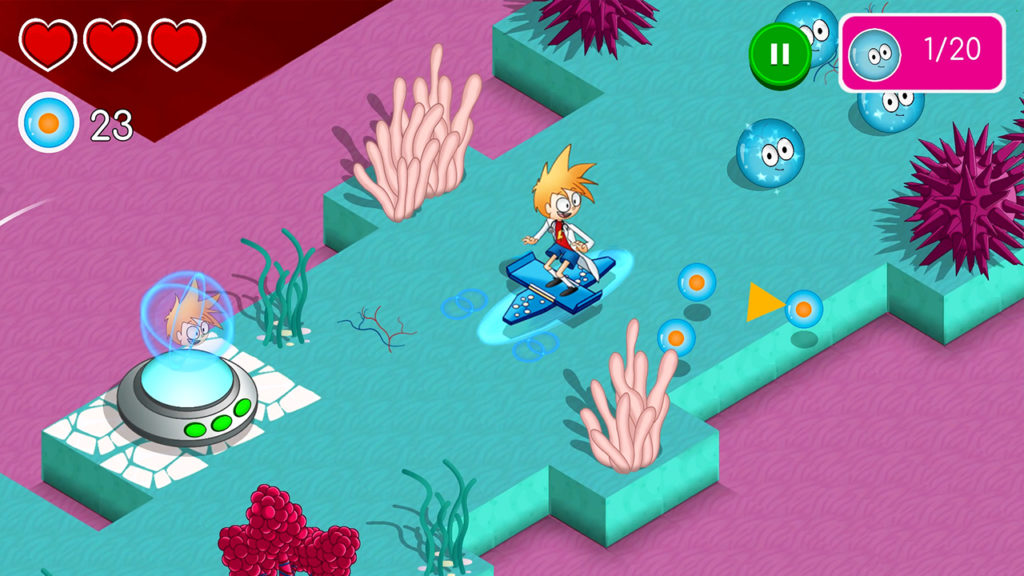Interview with Daniel Núñez, composer of BodyQuest soundtrack
Detrás de un videojuego trabajan muchas personas: diseñadores, desarrolladores, programadores, artistas… Con motivo del lanzamiento de BodyQuest, hemos preparado una serie de entrevistas para que conozcáis a algunas de las personas que han estado trabajando en nuestra aventura del cuerpo humano. Empezamos con una an interview with Daniel Núñez, composer of the BodyQuest soundtrack.
Daniel Núñez has worked several times with Didactoons on the soundtracks for MathLand, ABC Dinos and now BodyQuest. He has also created the soundtrack for the videogame A Rite From The Stars and several short films. It is a pleasure for us to be able to collaborate with him and for him to tell us more about working on a videogame and what his dreams for the future are.
How has it been composing the soundtrack for BodyQuest?
Pues como siempre, fantástico. Que el equipo de Didactoons me brinde la oportunidad de poder participar es muy enriquecedor ya que la temática de sus proyectos supone un gran estímulo. Normalmente suelo componer música para proyectos dirigidos a un target diferente y trabajar en los proyectos de Didactoons es algo que me ayuda a crecer y madurar profesionalmente.
What was your inspiration for composing the music? What differences did you find when working on BodyQuest and MathLand?
Well, mainly the style. I'm much more comfortable and used to working with "organic" instruments que a trabajar con synthesis. Además, aquí hemos intentado remarcar mucho más con la música los diferentes mundos que atraviesa el jugador a lo largo del juego. Por ejemplo, la música que acompaña al jugador cuando se transporta al sistema circulatorio tiene una rítmica que se asemeja al ritmo cardiaco. Lo mismo sucede con la música del sistema respiratorio que simula la respiración.
In MathLand, debido a las dificultades que atravesó el desarrollo, no pudimos diferenciar los distintos mundos como quisimos. Pero bueno, de todo desarrollo se aprende y mejoramos día a día para poder implementarlo en los proyectos futuros.

How does the music of BodyQuest help the narrative of the video game?
As I already mentioned, the music adapts to the different worlds in the game. The idea is that when changing scenery, not only does it change visually what surrounds the player, but also musically, thus helping the player's immersion in the story.
You have also worked on music for short films, documentaries and movies, what is the creative process like in these media, do you work in the same way as in a video game?
The truth is that it is not. In the audiovisual field, we work in a different way. Depending on the type of project, there are basically two ways of approaching the musical treatment. The first consists of supporting the narrative emotionally by synchronising with the shots of the image. We can see this mainly in films and series. The second is when we want to support the mood in a more general way but without requiring such a meticulous synchronisation with the image. This is usually the predominant option in documentaries and reports. In this case, we work in blocks.
En el videojuego, exceptuando las cinemáticas, introduce nuevos elementos a la ecuación. La interacción del jugador cambia sustancialmente el planteamiento. El videojuego como medio ofrece la posibilidad de contar múltiples historias a elección de los jugadores, creando experiencias únicas e individuales. La música pasa de emplearse como un elemento pasivo de refuerzo y redundancia a convertirse en una herramienta activa que refuerza las acciones en cada momento. Esto se conoce como música dinámica o música adaptativa.

Another of your functions in BodyQuest has been the creation of all the sounds of the videogame, what has this work consisted of, how has this creative process been?
Well, audio design can also be, and indeed is, as creative as music. Everyone knows what enzymes and proteins sound like, right? Basically, audio design is about coming up with and thinking of a sound for every element in the game that is susceptible to sound. This ranges from gameplay to cinematics to the GUI.
Sound is ultimately a language of sound that is intended to convey information about what is going on. In a sense, it is a channel through the fourth wall. Sometimes sound directly tells the player if we are doing well or if we have reached a certain goal. In this sound design process it is very important to take into account certain details, such as the feedback you want to convey to the player.
In this sense, the task of sound reinforcement becomes more complex because it is not only necessary to "report" that something is sounding but also to convey a message.
And going more into the realm of video games, do you think that video game soundtracks are on the same level as film soundtracks?
Well, nowadays there are incredible works in triple A (The Witcher, The Legend of Zelda, Mario, Red Dead Redemption or more recently Cyberpunk) or indie (Hollow Knight, Machinarium, Undertale) that many projects would like, not only in cinema. Moreover, the musical investment in videogames is greater than in cinema. At the end of the day, the music in a film is rarely going to exceed the duration of the film, whereas in video games we can find several hours of music without blinking an eye.

Which composers and video game soundtracks have inspired you in your career?
Pfff... Many, many... That's a very difficult question to answer. Soundtracks that have influenced me a lot are for example Final Fantasy (Nobuo Uematsu), Civilization saga (Christopher Tin), Anno saga (Dynamedion), Zelda saga (Koji Kondo), Monkey Island (Michael Land), etc. Just to name a few. Actually, I could spend hours quoting people...
BodyQuest is an educational video game, should video games be part of education in schools, what can they contribute to education?
Of course they do. Like other arts, video games have a fundamental role to play. It is not about replacing or changing the educational model. It is about using and relying on video games to raise interest in certain subjects, develop skills and influence attitudes and currents of thought.
The way a subject is taught is almost as important as the knowledge itself. A video game can be used to motivate people to want to learn and learn more about a subject.

Finally, and dreaming a bit, if you could choose the next video game project you would like to work on, what kind would it be?
I would like to do many things, but I can sum it up in two: The first would be to be able to work on a project that has an important weight in narrative, which needs to be expressed musically in a very varied way. An extensive soundtrack that touches on multiple moods. The second type of project would be more typical of video games. A project that needs responsive music. Something like what “Detroit Become: Human” does with the narrative, but with music. I've already worked on some of them and they are very challenging. Very demanding. But who doesn't like a challenge?
We hope you found the interview with Daniel Nuñez, composer of BodyQuest, soundtrack, interesting and soon you will also have the opportunity to read Ricardo de la Rosa, programmer of the game, and Antonio Muñoz, co-founder of Didactoons, designer and artist of BodyQuest.
